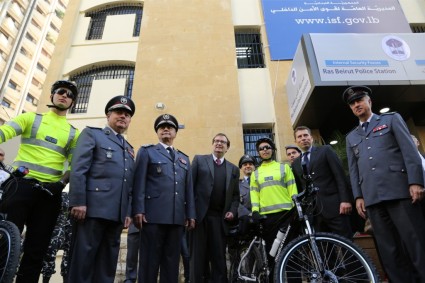
I don’t think I’ve ever heard anything positive about Makhfar Hbeish or any police station in Lebanon for that sake. In fact, the only thing I remember about Hbeish were the terrible stories shared by AUB students about what goes on inside the station. Having said that, I didn’t take the whole Police Pilot Project (PPP) too seriously when I was first briefed on it but I did follow it up and I have to say it looks like a very promising project.
What is the PPP?
The Police Pilot Project was introduced nearly three years ago in an attempt to move community policing from theory to practice. The PPP’s main objective “is to achieve the kind of policing service delivered by police forces in developed countries, where security is considered as a service supplied by the police to members of the community, and where the people’s satisfaction is the ultimate measure of its effectiveness”.
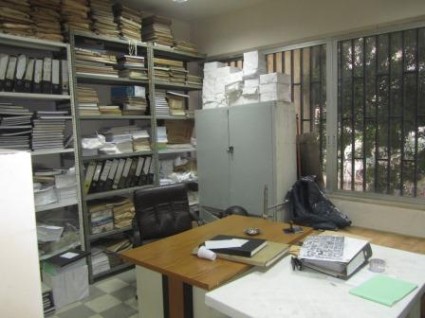
Why Makhfar Hbeish?
Makhfar Hbeish, which is now known as “Ras Beirut Section”, was chosen as a pilot to test the effectiveness of new policing methods in improving personnel performance and raising public trust in the ISF. This newly inaugurated and revamped section will be used as “a benchmark to gauge the future possibility of implementing a community policing approach across the institution, in general, and in territorial sections, in particular”. I assume they picked Makhfar Hbeish because of its strategic location between two key universities and in a vital area.
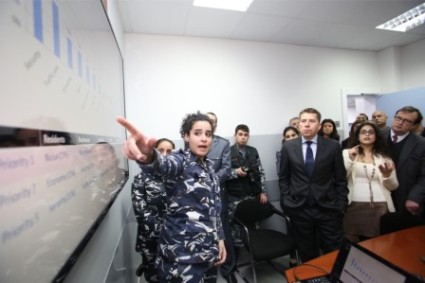
New Policing Methods:
Here’s a brief list of the changes implemented as part of the PPP:
– The interior of Makhfar Hbeish was remodeled and refurbished to meet the requirements of the new operation methods.
– Ras Beirut Section will include a visitors’ area, featuring a waiting space, men’s and ladies’ rooms, reception and interview areas; personnel area, including functional offices, sleeping/living and recreational quarters.
– The detention area will be comprised of a medical examination room, interrogation rooms and holding cells conforming to international human rights standards (THIS IS A BIG CHANGE!).
– The first floor will feature a data and statistics center as a key part of the new work methodology will be to “collect, link, process, and analyze data to produce scientifically sound and logical conclusions and approaches to deal with problematic issues, deviant behaviors, and criminal activities”.
– Personnel were “carefully chosen in one-on-one interviews based on specific criteria for each position and function needed at the section and have undergone intensive training on a variety of topics, ranging from community policing, human rights, integrity, corruption, communication and mediation, to physical fitness and defense skills required by police action, and investigation and interrogation techniques that are consistent with applicable laws and regulations”.
– Ras Beirut Section will be known by a special uniform, carrying the section’s distinctive badge and a plaque indicating the rank, number, and service station of each staff member.
– Measures and procedures including “command and control practices, shifts and service rosters, internal work mechanisms, automation and IT systems, and round-the-clock patrolling, featuring foot and vehicle patrols in addition to bicycle patrols” will be implemented.
– Captain Morshed Habshi will be the new section commander.
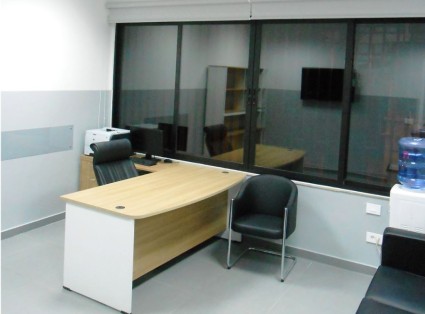
I know this is too good to be true but I really want to give this project a chance to succeed, because the trust between the Lebanese people and the police has been lost for years and it’s about time something’s done about this matter. I wasn’t able to visit the new station yet, but I will be checking it out pretty soon.
Here’s a nice video that sums up the new policing methods introduced to the Ras Beirut Section.
[YouTube]







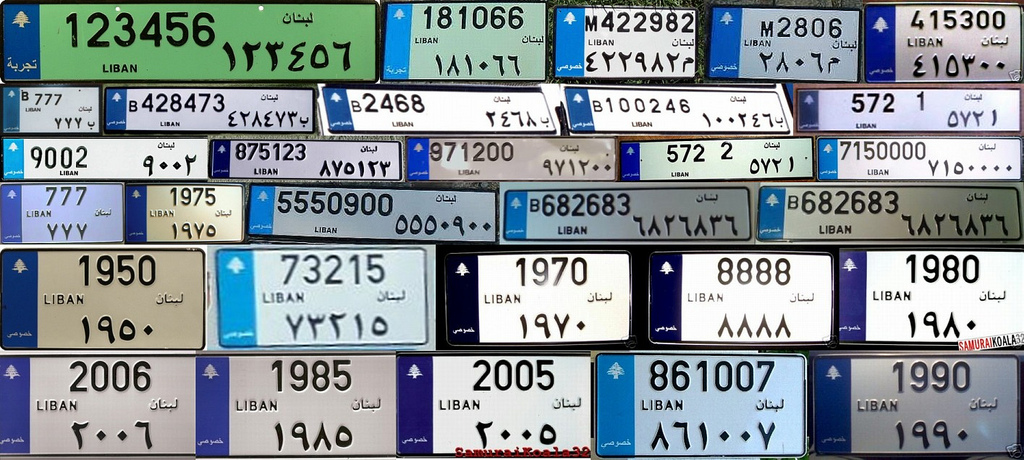


The sleaze factor of Hbeish was one of its charms though.
الى كل من ساهم بخراب ودمار مستقبل ولدي…..
حسبي الله به وباهله وعائلته وذريته …..
الى كل من شارك بالحكم على ولدي وجعله من اصحاب السوابق، ارجو واتمنى ان ارى به وبعائلته وكل من يعز على قلبه يوما اسودا قاتمايلف دنيته و ليحرم من السكينة ولو للحظة……
الى كل من كتب وحقق وقرر دمار مستقبل ولدي… لتشل يده وتبتر اصابعه وليبتلى باخبث الامراض هو و اهله وعائلته وذريته …..
امين…
بقدرة ربك الجبار القهار القادر المنتقم ،الكبير.
فلتعلم يا من اذيت ولدي وساهمت بدمار مستقبل ابني بانني مع كل نفس اتنشقه ادعو واترجى ربي ان يريك ظلمات الدنيا والاخرة ولتحترق نفسك قبل جسدك بجمر عذابا على اعز الناس على قلبك.
اكتب وادعو الله عز وجل وانا ام ولا يدري احد معنى ضياع تعب ام الا ام…..
يا من ساهمت بايذاء ابني كن على يقين … سوف اكرس حياتي ببث ذبذبات اللعنة عليك و على اقرب الناس اليك ولا تستهين بغضب ام ذلت من اجل تربية اولادها….
اتكلم بلسان مئات والاف الامهات، فليغمض لك جفن بعد علمك بمشاعر اولئك الامهات… فالارض والسماء ستهتز من قوة الطاقة المشحونة بادعية قلوب ربت وكبرت واحبت واحاطت تلك الشباب المرمية بسجون لبناننا الرخيص…
وانت اعلم الناس بان سجوننا لا تصلح مسلكهم بل تردهم الى اهلهم اسوا حالا….
ولماذا؟
سيجارة حشيش……
متى؟ ٢٠١٤
اين؟ لبنان
من؟ اهل الفساد
ام عمر وعلي ووليد و الياس
Reply